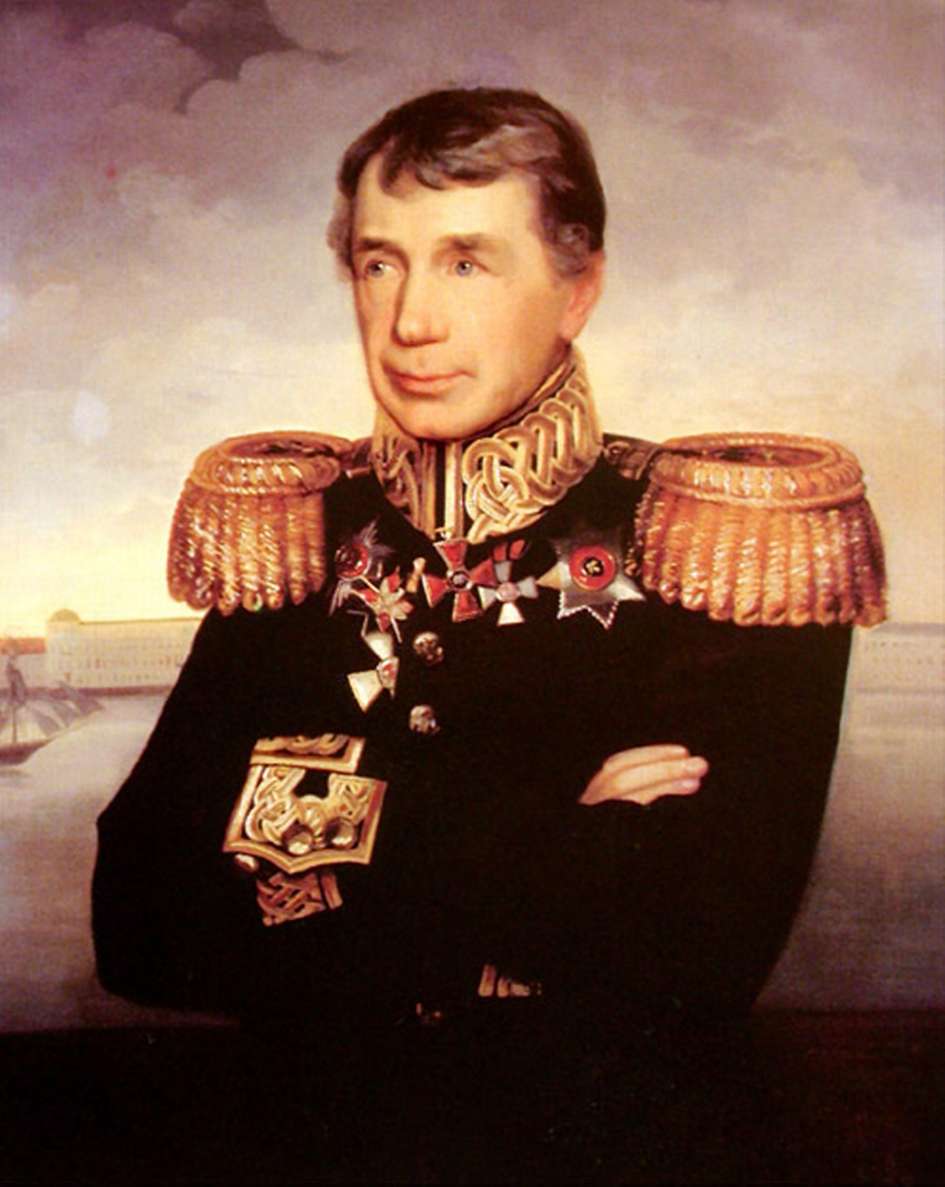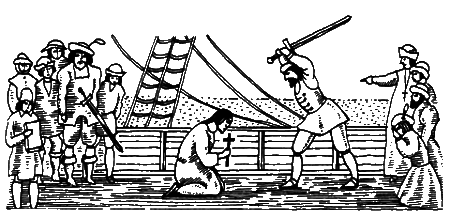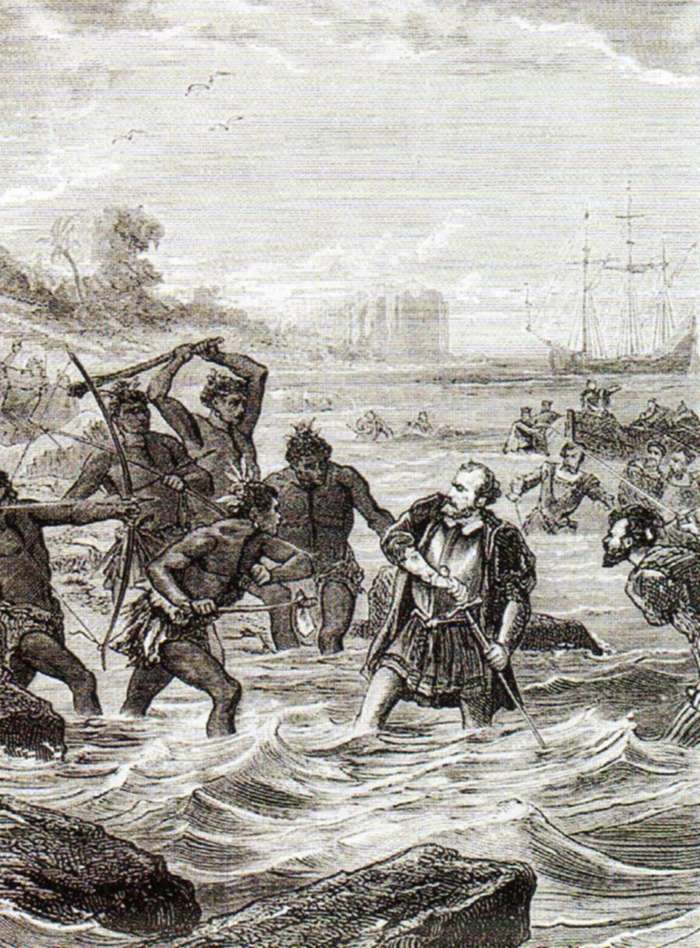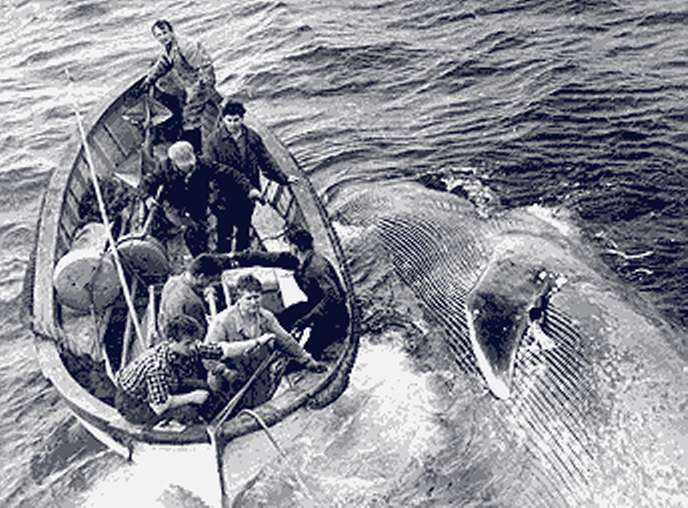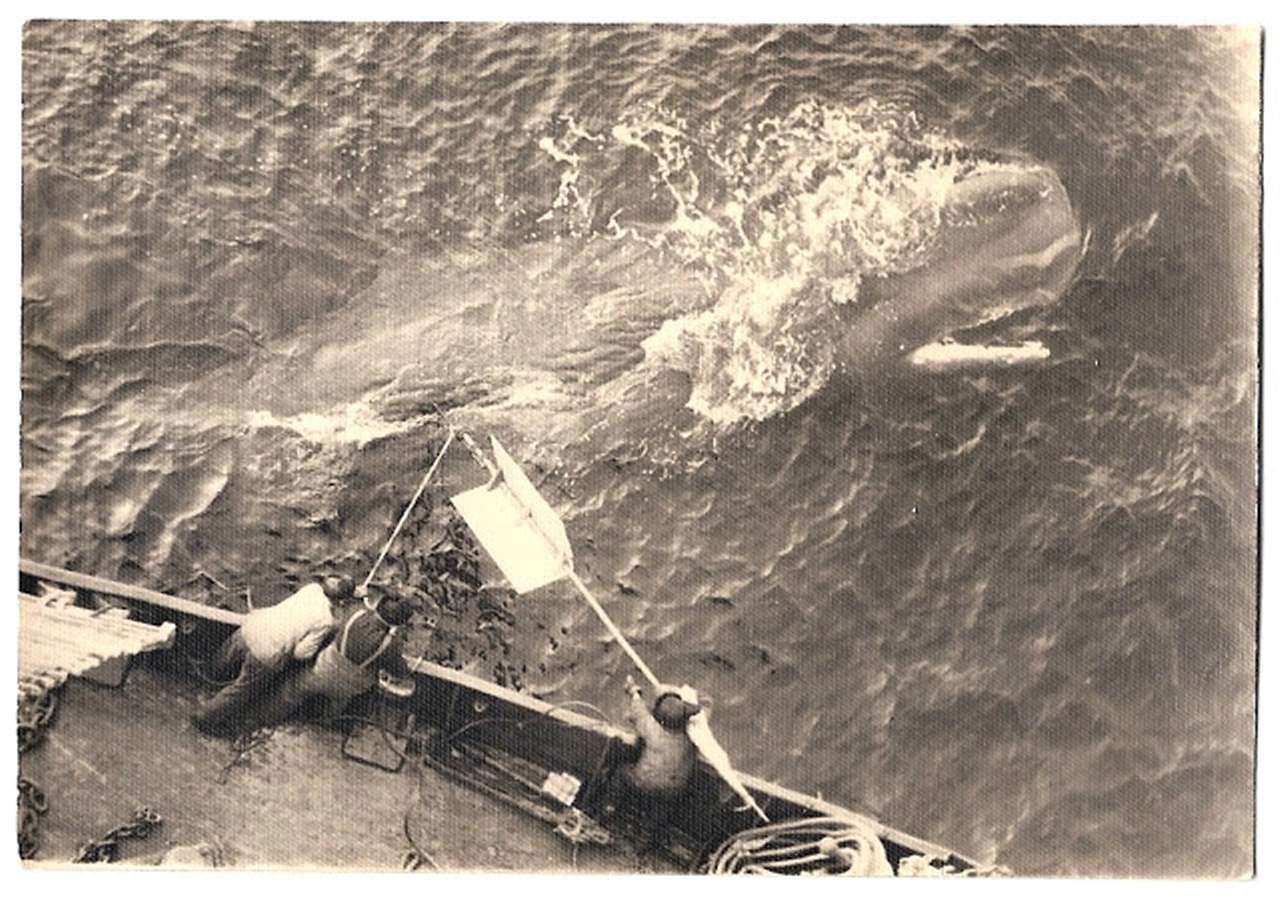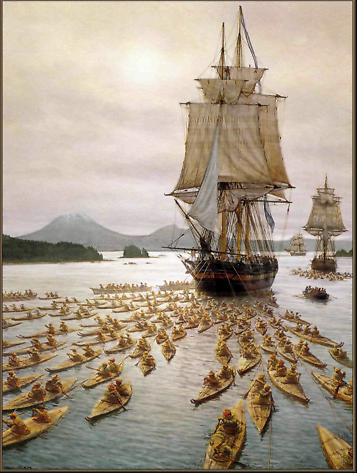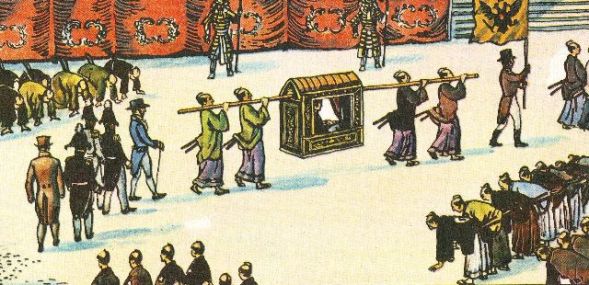Sergey Voronin
Two Commanders
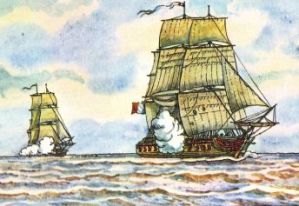
Krasnoyarsk, 2018
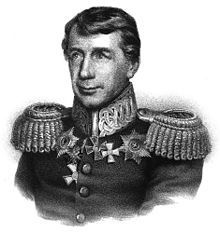
Angry Kruzenshtern began to walk excitedly through the cabins - the company, where, in fact, this very unpleasant conversation with the watch officer took place. Do not go to the drunken Rezanov's cabin, in the end! Ivan Fedorovich looked a bit comical in this situation. He was in 1803 only 33 years old - the age of Christ. In fact, he was not much different than the midshipman Bellingshausen, who was only eight years older. He was a very bald young man with wheat hair, very much like the poet Sergei Yesenin.
